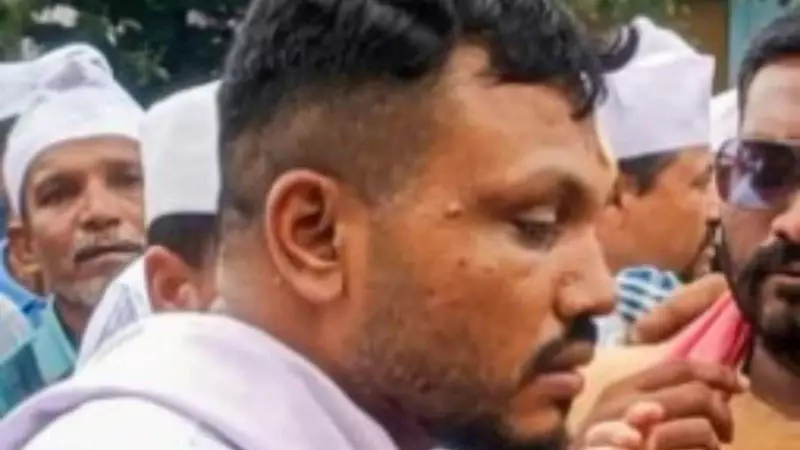
Five months have passed since the terrifying Air India Express flight AI-171 crash in Ahmedabad, but for the lone survivor who occupied seat 11A, time has stood still in a prison of trauma and isolation.
In an exclusive and emotional revelation, the survivor describes living in a state of perpetual solitude, unable to communicate even with his closest family members. "I just sit in my room alone, not talking with my wife or son," he confesses, painting a heartbreaking picture of life after surviving one of aviation's most harrowing experiences.
The Haunting Memory of Survival
The flight, which met with disaster during its journey, claimed multiple lives, making his survival nothing short of miraculous. Yet, this miracle has come with its own heavy price - the burden of being the only one from his section of the aircraft to walk away alive.
Psychological experts suggest that survivors of such traumatic events often experience complex emotional responses, including survivor's guilt, post-traumatic stress disorder, and severe anxiety. The gentleman from seat 11A appears to be experiencing these classic symptoms, withdrawing from the very people who could provide comfort and support.
The Silent Struggle Behind Closed Doors
His wife and son, who should be celebrating his survival, instead watch helplessly as he retreats into himself. The family home has become a place of silence rather than celebration, with the survivor preferring isolation over interaction.
Mental health professionals emphasize that trauma recovery is a lengthy process that requires professional intervention and strong support systems. "When someone stops communicating with loved ones after a traumatic event, it's a significant red flag that requires immediate professional help," explains Dr. Priya Sharma, a trauma specialist based in Mumbai.
A Wake-Up Call for Aviation Trauma Support
This case highlights the critical need for comprehensive psychological support for survivors of aviation accidents. While physical injuries receive immediate attention, the invisible wounds of trauma often go untreated for months or even years.
The aviation industry in India is now facing important questions about post-accident care protocols and whether enough is being done to support survivors through their psychological recovery journey.
As the investigation into the AI-171 crash continues, the human story of survival and its aftermath serves as a powerful reminder that some wounds aren't visible, and some recoveries take much longer than expected.






